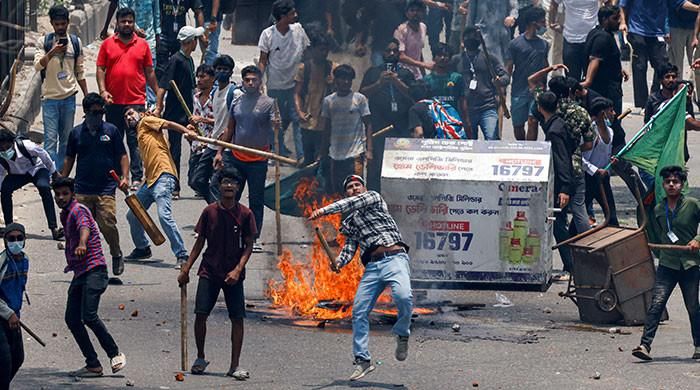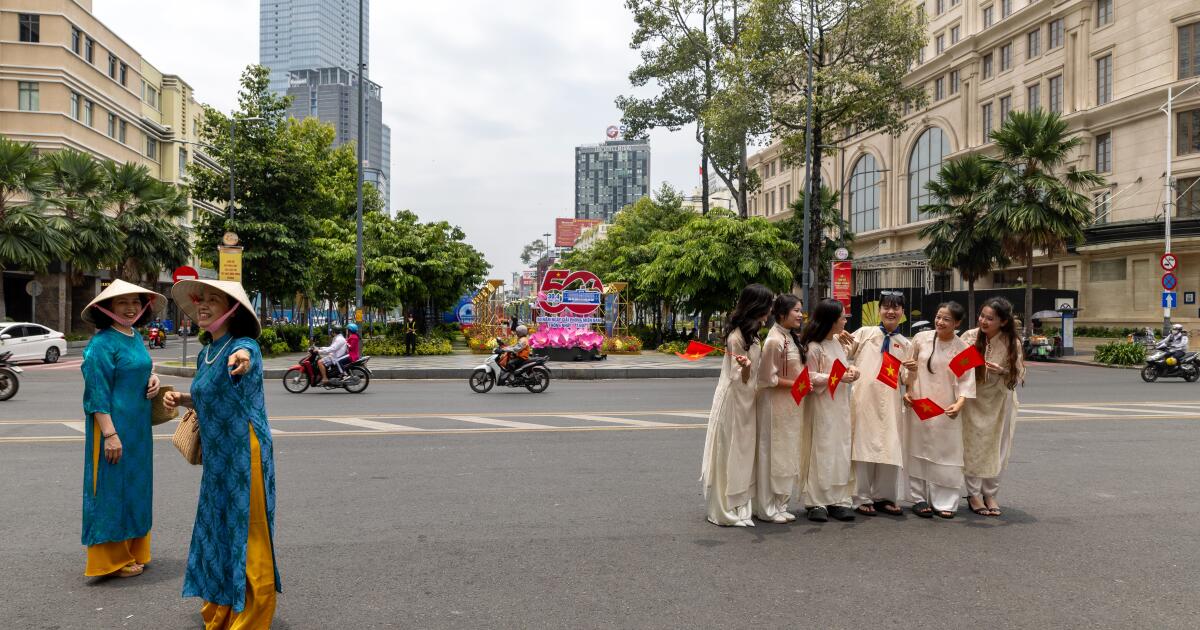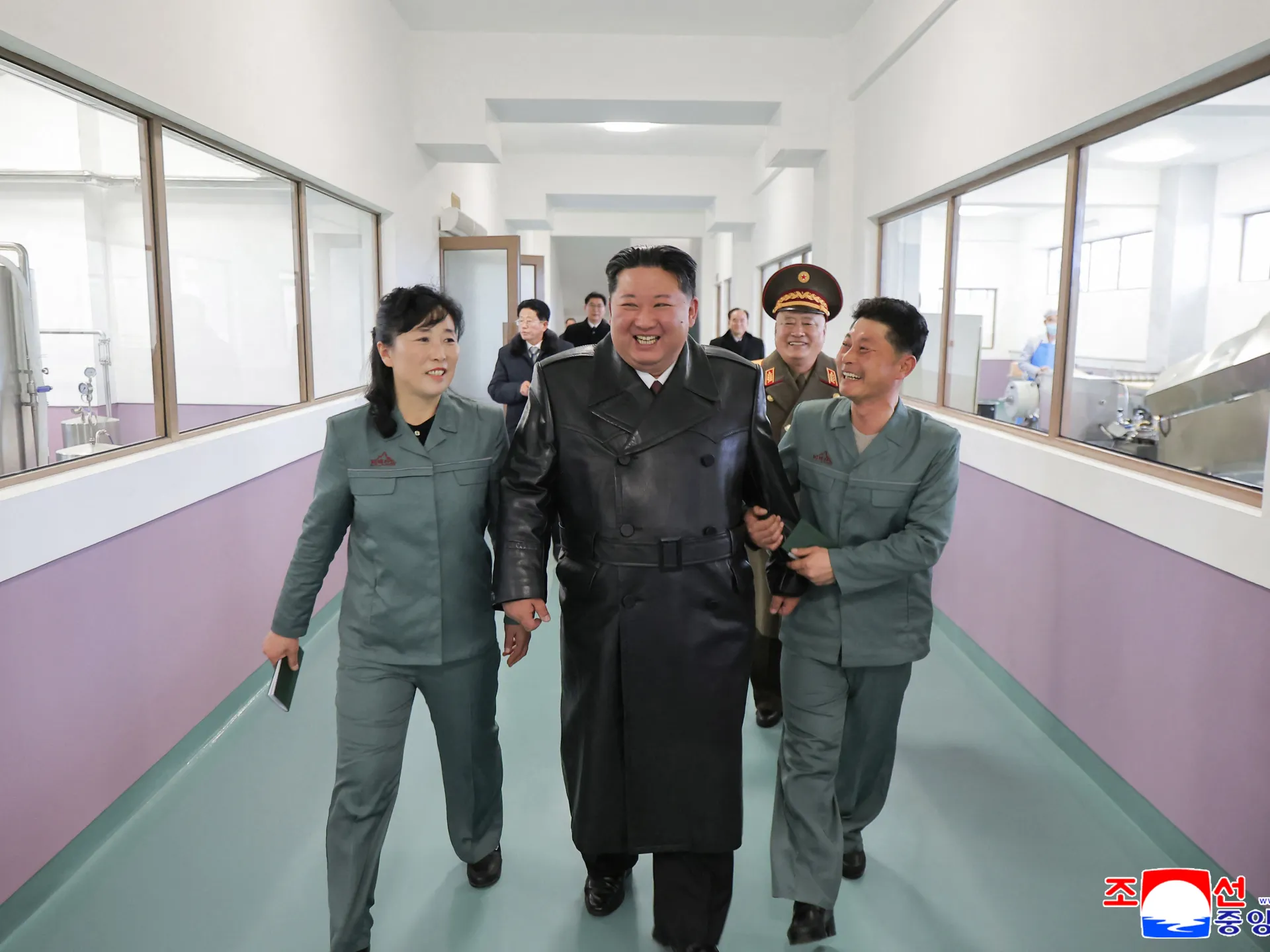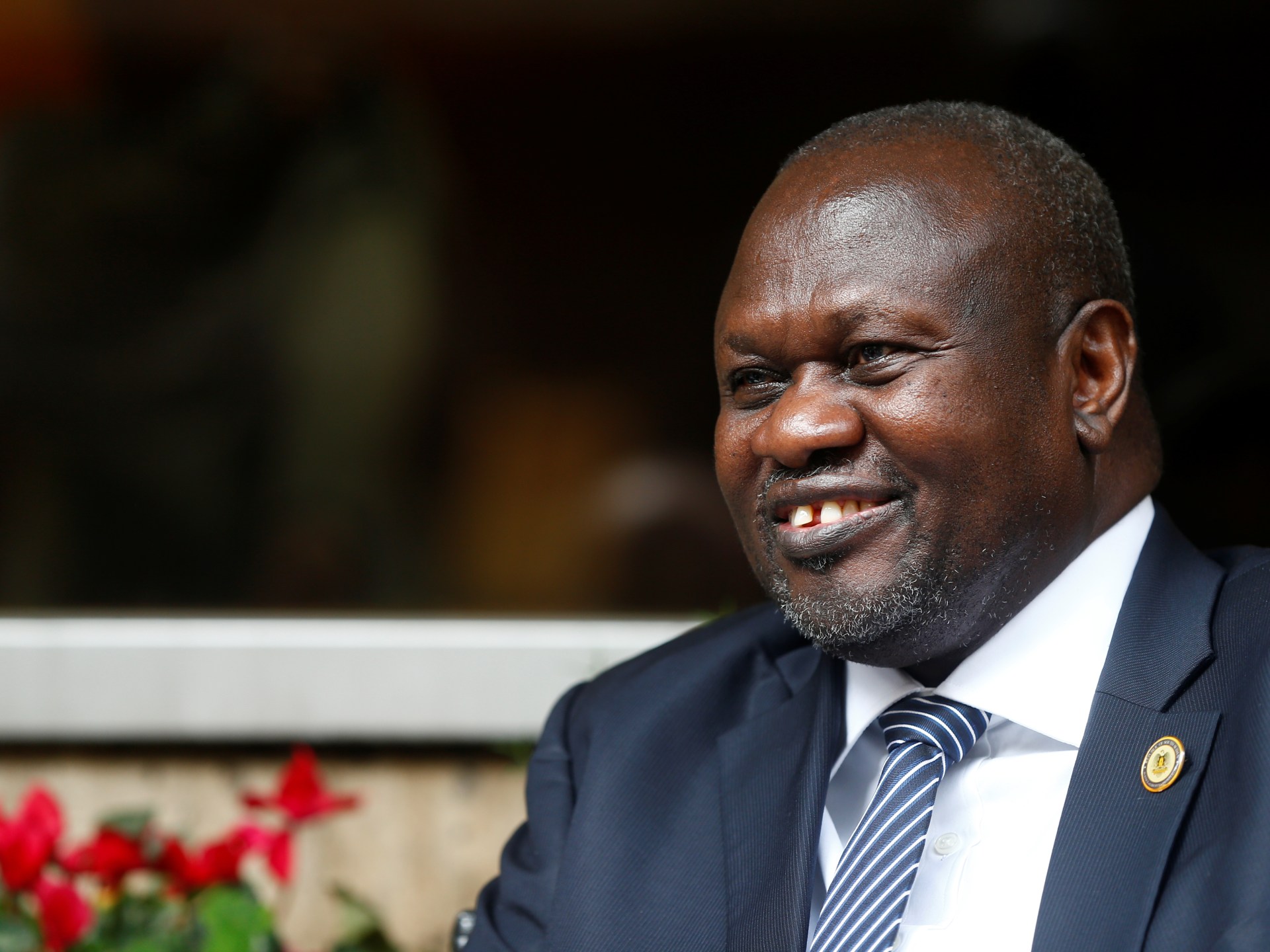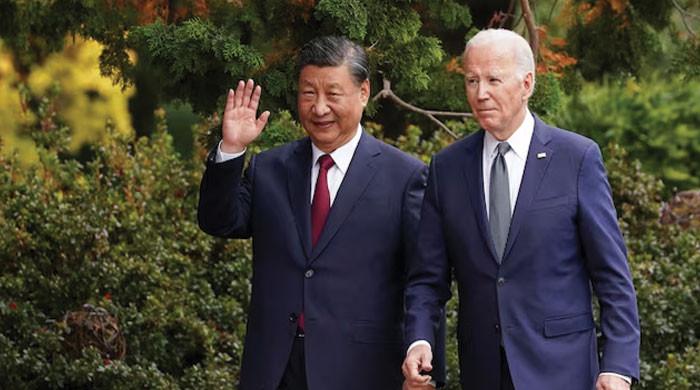- The court will announce its verdict today on the abolition of the labor quota policy.
- Curfew in place to deal with violent protests across the country.
- The government restricts the flow of information due to the Internet blackout.
DHAKA: Bangladesh's Supreme Court is due to decide on Sunday on the future of civil service recruitment rules that sparked nationwide clashes between police and university students resulting in at least 133 deaths so far.
The country's top court will meet later in the day to announce its verdict, for or against abolishing the controversial labor quotas.
What began as a protest against politicized admission quotas for coveted government jobs this week turned into one of the worst unrest of Prime Minister Sheikh Hasina's tenure.
A curfew has been imposed since Friday and the government announced a two-day holiday that provides for the closure of all offices and institutions in view of the prevailing unrest.
Soldiers are patrolling towns across Bangladesh after riot police failed to restore order, while a nationwide internet blackout since Thursday has sharply restricted the flow of information to the outside world.
Hasina, whose opponents accuse her government of bending the judiciary to its will, hinted to the public this week that the plan would be scrapped.
But after mounting repression and a rising death toll, a favorable verdict is unlikely to calm public anger.
“It's not about students' rights anymore,” said businessman Hasibul Sheikh, 24. AFP at the site of a street protest on Saturday in the capital Dhaka in defiance of a nationwide curfew.
“Our demand now is one point, and that is the resignation of the government,” he said.
The catalyst for this month's unrest is a system that reserves more than half of civil service jobs for specific groups, including children of veterans of the 1971 war.
Critics say the plan benefits families loyal to Hasina, 76, who has ruled the country since 2009 and won her fourth consecutive election in January after a vote without genuine opposition.
Human rights groups accuse Hasina's government of misusing state institutions to consolidate its grip on power and crack down on dissent, including by extrajudicially killing opposition activists.
As Bangladesh is unable to provide adequate employment opportunities to its 170 million people, the quota system is a clear source of resentment among young graduates who face an acute employment crisis.
“Rather than attempting to address protesters' grievances, the government's actions have made the situation worse,” said Crisis Group Asia director Pierre Prakash. AFP.
Hasina had been due to leave the country on Sunday for a diplomatic tour of Spain and Brazil, but abandoned her plans after a week of escalating violence.

